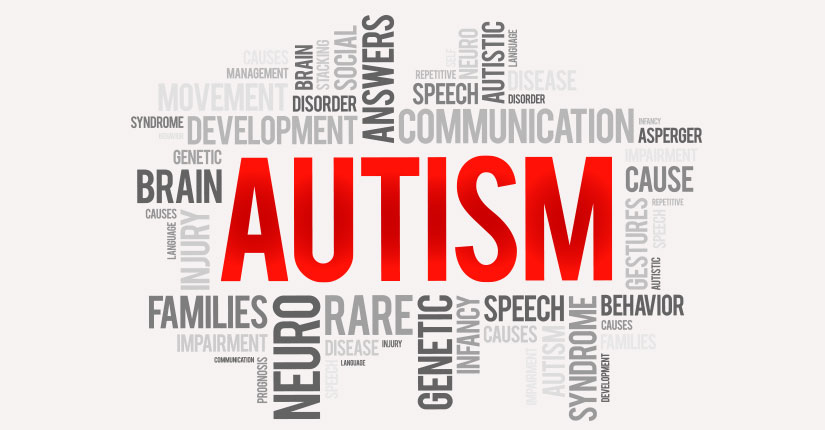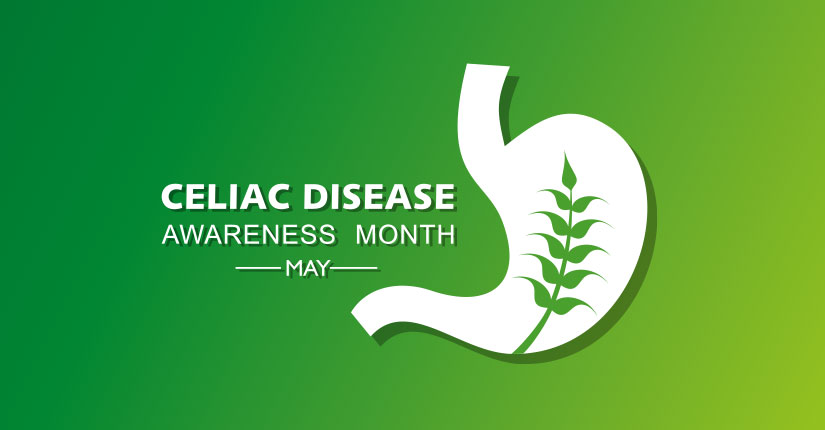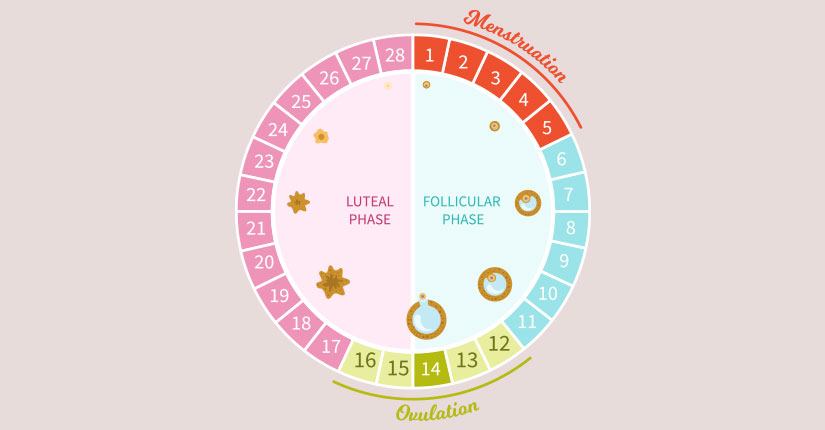Unlocking Diet Basics For Right Management Of Autism
By Nmami Agarwal 03-Apr 2022 Reading Time: 5 Mins

Autism is a mental disorder in which an individual’s social skills, communication, relationships and self-regulation are affected. They can be seen as different but are no less human. Children or people with autism need special attention and care for their growth.
Symptoms of the Autism disorder have:
- Delayed language skills,
- Delayed movement skills,
- Delayed cognitive or learning skills,
- Hyperactive, impulsive, or inattentive behavior,
- Epilepsy or seizure disorder.
- Unusual eating,
- Sleeping habits,
- Gastrointestinal issues,
- Unusual mood or emotions.
Due to a lack of self-understanding, children with autism tend to limit their food intake and often end up consuming fewer calories. The food choices can even lead to nutrient deficiencies and can also increase the chances of more prominent symptoms.
Points to keep in mind while planning the diet of an individual with Autism are:
1. Whole foods- It is important to add whole foods as they can provide utmost nutrition in simple and wholesome ways. Grains, beans, fruits and vegetables, nuts, seeds, beans and legumes are the foods that can be easily put into a daily diet. Whole foods are nutritious & mineral, vitamins rich which help in increasing concentration and calmness.
2. Omega 3 is a must- Studies have shown that children with Autism have lower levels of Omega-3 fats. They are good fats that are essential for growth and development. Lack of this fat can really result in impulsiveness and aggression. Some sources of Omega 3 are walnuts, flax seeds, eggs, fish, nut oil.
3. Avoid processed foods- Processed food like cakes, biscuits, breakfast cereals, cheese, chips, chocolates etc. can increase inflammation and decrease concentration, resulting in hyperactivity and impulsiveness. Sugar is addictive and increases brain cell inflammation. Decreasing the amount of sugar can also increase concentration and judgment.
4. Avoid allergic foods- Foods like gluten, dairy, casein can impact the brain and intestinal functioning. Consult your doctor or dietician and get those food allergies checked to make sure the food you are putting in the diet, is not making the body inflammatory or uncomfortable.
Increasing lean protein can also increase concentration and decrease inattentive behavior.
5. Including probiotics- Children/teens with Autism sometimes have gastrointestinal problems so including probiotics can increase the good microbes in gut and aid digestion.
The food can be made more appealing by improving its presentation because that way the child would be more excited towards their meal. Pay good attention towards the needs of the child and make a customized plan with the help of your doctor or dietitian.
The meals should be given in a calm and soothing environment and meal timings are to be followed. Supplements can be added into the diet but only under doctor’s observation and if prescribed by the doctor.
Footnote:
Mental awareness is important and it is even more important to take care of those with special needs. Children/teens with Autism need extra care and attention and thus should be provided, in case of nutrition too. The food allergic foods can be tested before including in the diet for an individual with Autism and be cautious about them. Avoiding stimulants like caffeine can also help as they act as irritants.





















